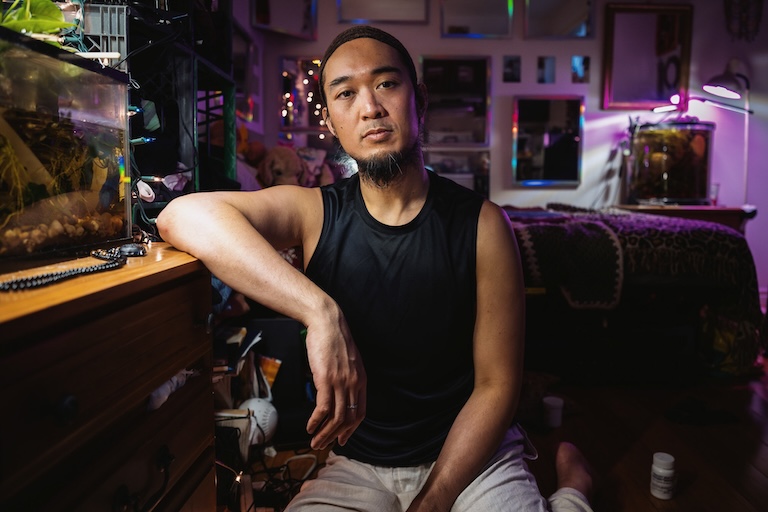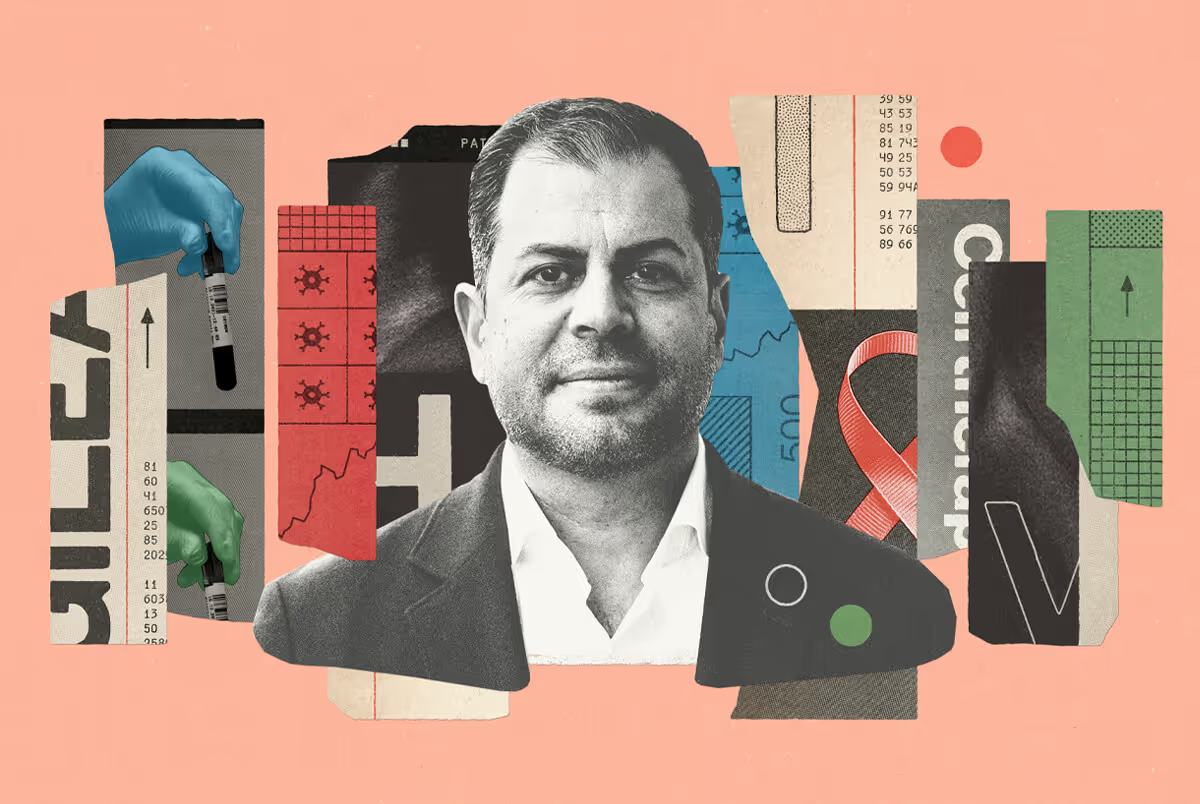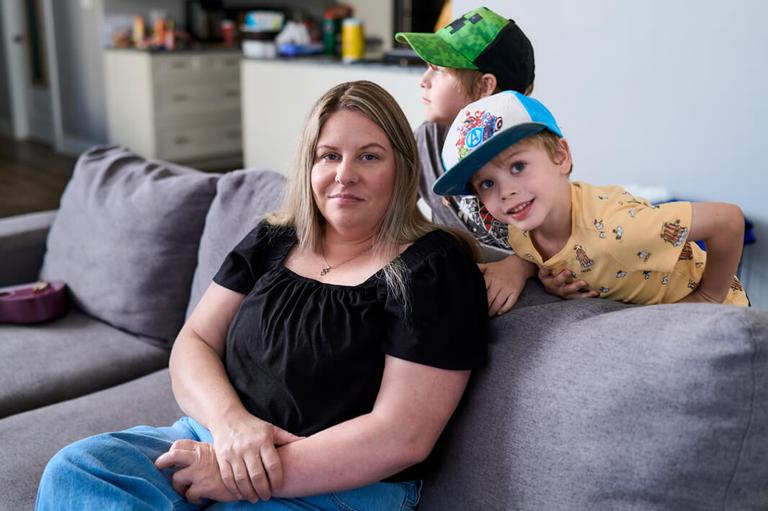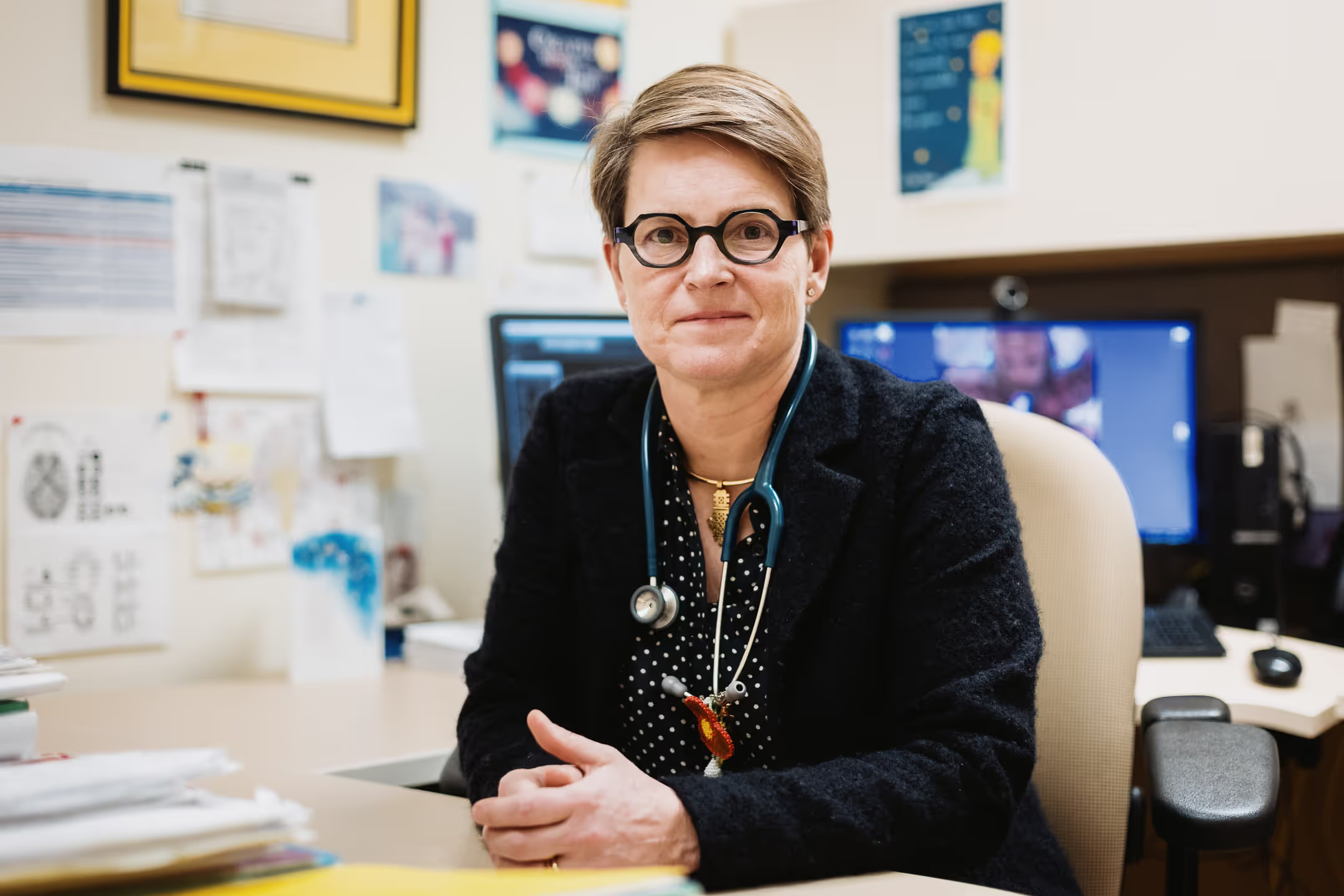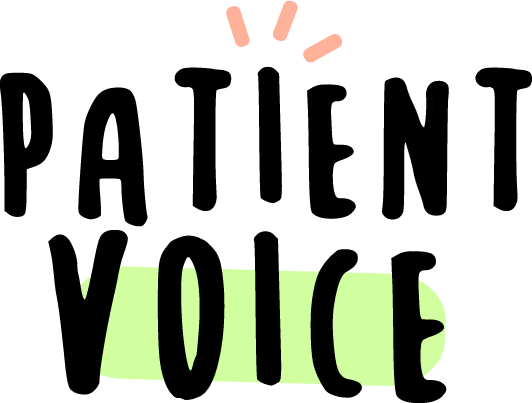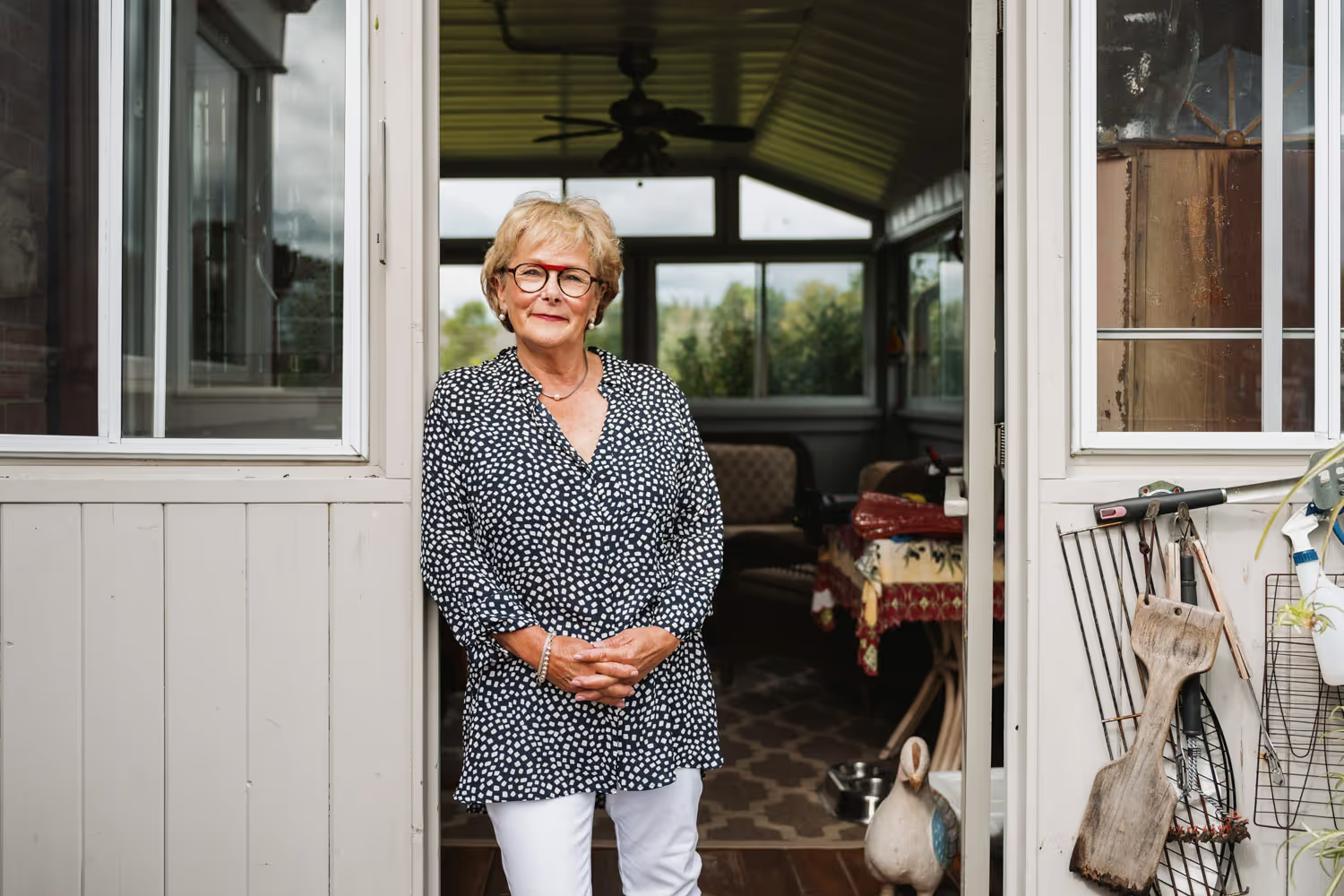
How and when were you diagnosed with cancer?
I was first diagnosed in early 2017, but the symptoms had begun the previous year. I was extremely active, and had been for decades. So when I started experiencing pain in my groin and then in my back, at first I just thought I had worked out too hard at the gym.
But then the pain didn’t get better. It became chronic. Nonetheless, off I went to India on a long-anticipated holiday. While I was there, things got progressively worse and, when I got back, I knew it was time to speak to my doctor.
I didn’t really have any idea what was wrong, but the last thing I expected to hear was cancer. But they did a bone scan and it was immediately clear that there was something going on. The details came out slowly. I’d be in for some new test every two weeks and new details would reveal themselves. First it was: “You have cancer.” Then: “It’s diffuse large B-cell lymphoma (DLBCL).” Then: “Your cancer has certain mutations.” And finally: “It’s metastasized. Stage four. It’s terminal.”
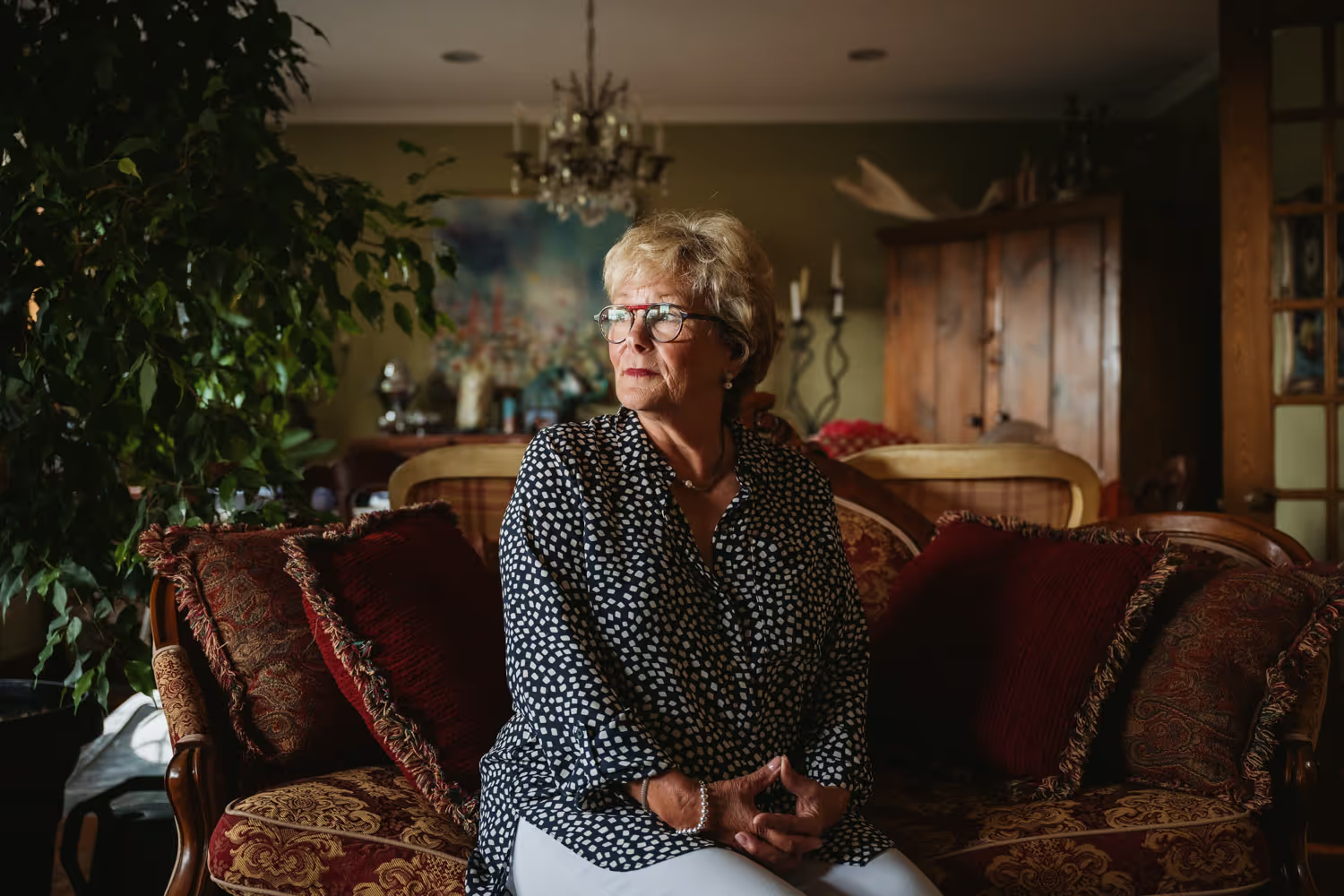
How did your diagnosis impact your family?
I have two sons and a daughter, fully grown, and they had already lost their father when they were young. It’s a conversation you really don’t want to have with those who love you, especially when they’ve already lost someone so important to them. I remember, in October of 2017, sitting down with my children and my partner Colin on the front porch to talk about it. I had just learned that I wouldn’t be a candidate for stem cell transplantation — the last best hope — because of how quickly my cancer was growing, and I needed to break the news. That’s when it all became real.
My daughter Melanie wouldn’t accept it, though. She buried herself in research, digging up every article and scrap of information on emerging treatments, and accompanying me to my appointments, constantly advocating on my behalf. Every time we spoke to Dr. Kuruvilla and his team at the Princess Margaret Cancer Centre, Melanie would have her notes with her and bring up all these things she had read about. “There’s a new treatment in Germany,” she would say. “They’re trying a new therapy in Vancouver.”
And, every time, Dr. Kuruvilla would say — as kindly as possible — that it likely wasn’t right for me. I wouldn’t wish that rollercoaster of emotions on anyone.
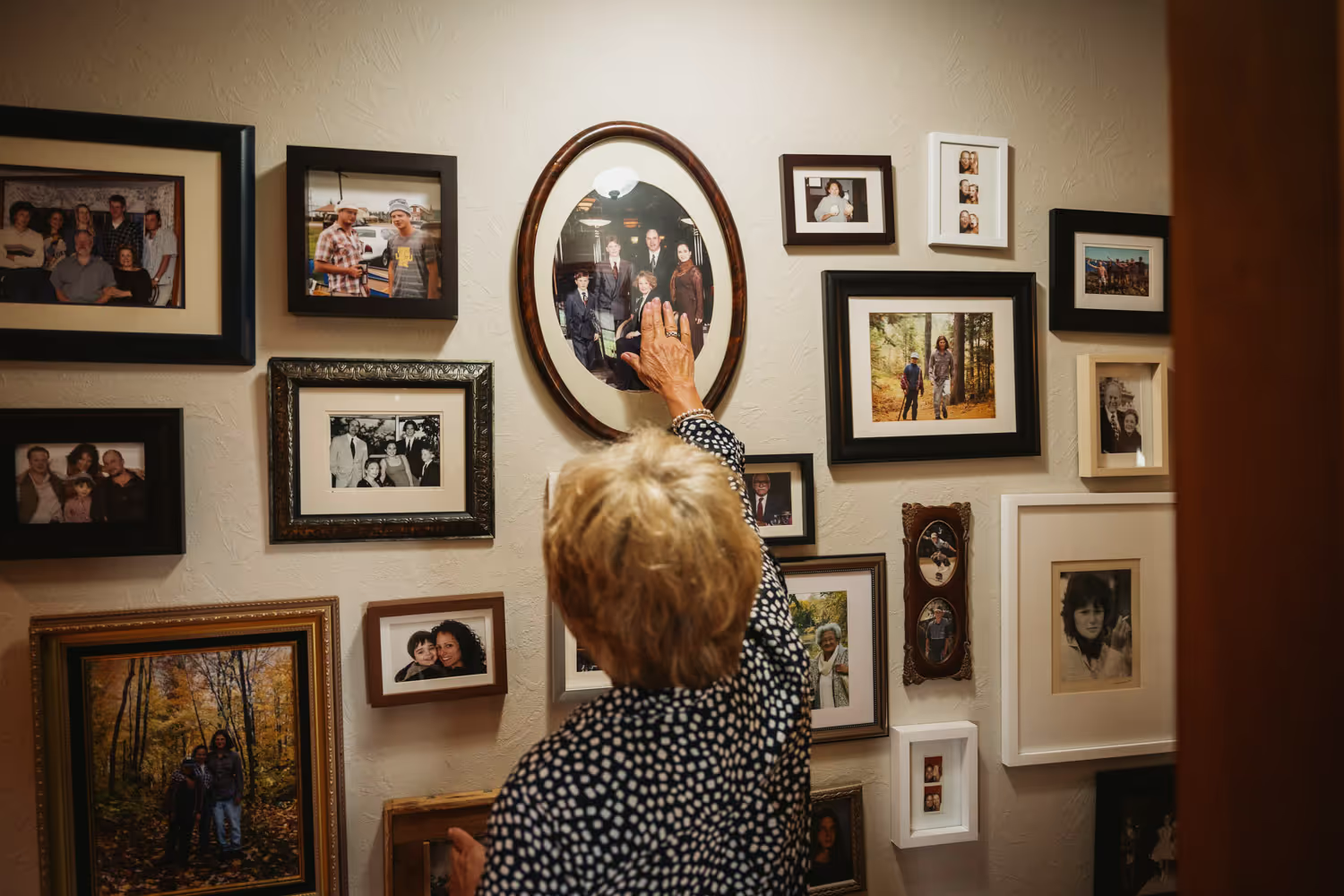
What did you know about chimeric antigen receptor (CAR) T-cell therapy at the time?
We had never heard about CAR T-cell therapy. It was actually my niece who first sent us an article about this new T-cell treatment they were exploring in Philadelphia, where they could engineer a patient’s immune cells to specifically target the exact expression of their individual cancer, mutations and all. Melanie, of course, immediately reached out to the team in Philly. But, at the time, CAR T-cell therapy was only available in the States and, because it was so new, its cost was quite prohibitive.
Still, we brought our research to Dr. Kuruvilla and, for the first time, we heard a different response. “It’s not ready yet,” he said. “It’s not approved in Canada. But when it does come here, it might be for you.” Thanks to the hard work of many people it did, and fortunately it was.
In August of 2018, my immune cells were harvested and sent to a lab, where they were genetically modified to seek and destroy cells with the specific markers of my cancer. A month later, I was at Princess Margaret having my own altered immune cells reinfused into my body. I spent two weeks in the hospital — to receive treatment and to recover — and my children were there with me in shifts 24 hours a day. I wasn’t alone for a moment.
And then, after that, I was somehow healed. CAR T-cell therapy — and Dr. Kuruvilla’s incredible team — saved my life. But now, nearly five years later, so many people who could be helped by CAR T-cell therapies still don’t know they exist. It really needs to become the standard of care for certain patients at earlier points in their treatment journeys, all across Canada.
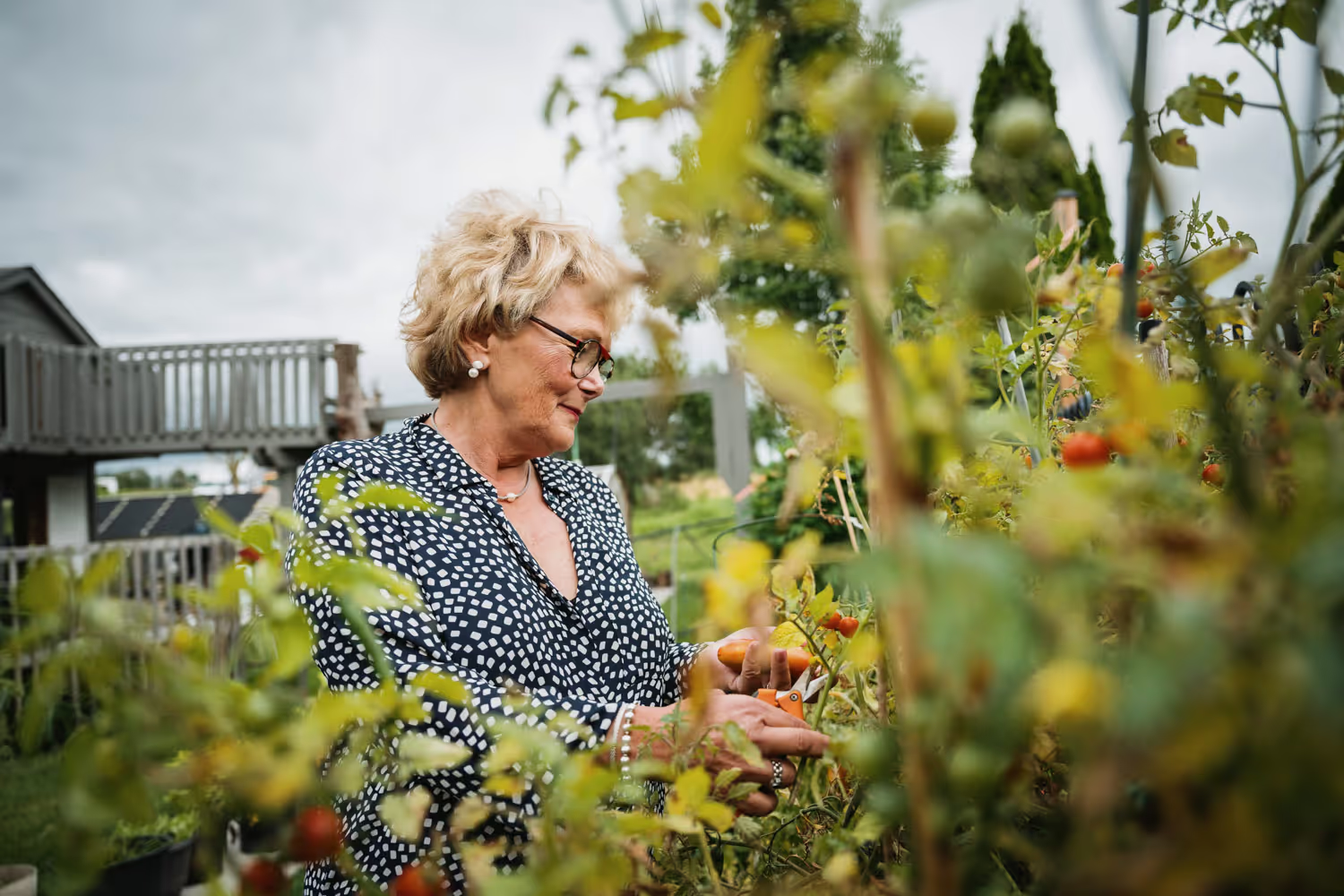
What does celebrating five years cancer-free mean to you?
We celebrate everything now. Going through an experience like this is a reminder of how important time with family is — how important it is to cherish it and celebrate it. We have family dinners regularly here at the farm and every gathering, or birthday, is a celebration.
Most rewarding of all is getting to watch my grandson Josh grow into a man. His Bar Mitzvah is coming up next month. I bought him a present and wrote him a card for the occasion five years ago now. Got everything ready in advance, because I didn’t think I was going to be there.
It’s impossible to overstate how meaningful this is, the time with my family that has been given back to me. I think of other people who didn’t get the same opportunity. I had a neighbour back in the ‘90s whose daughter — herself a young mother — died of non-Hodgkin’s lymphoma. I think about children growing up without their parents, of parents not getting to see their children grow. It makes me adamant that everyone should have access to what I’ve been given.
We have so much world-class know-how here in Canada, led by Dr. Kuruvilla and a network of others like him. If innovative approaches to treating cancer are promptly approved, properly funded, and made accessible to patients in every corner of our country, Canada can and will become a global leader in CAR T-cell therapy.
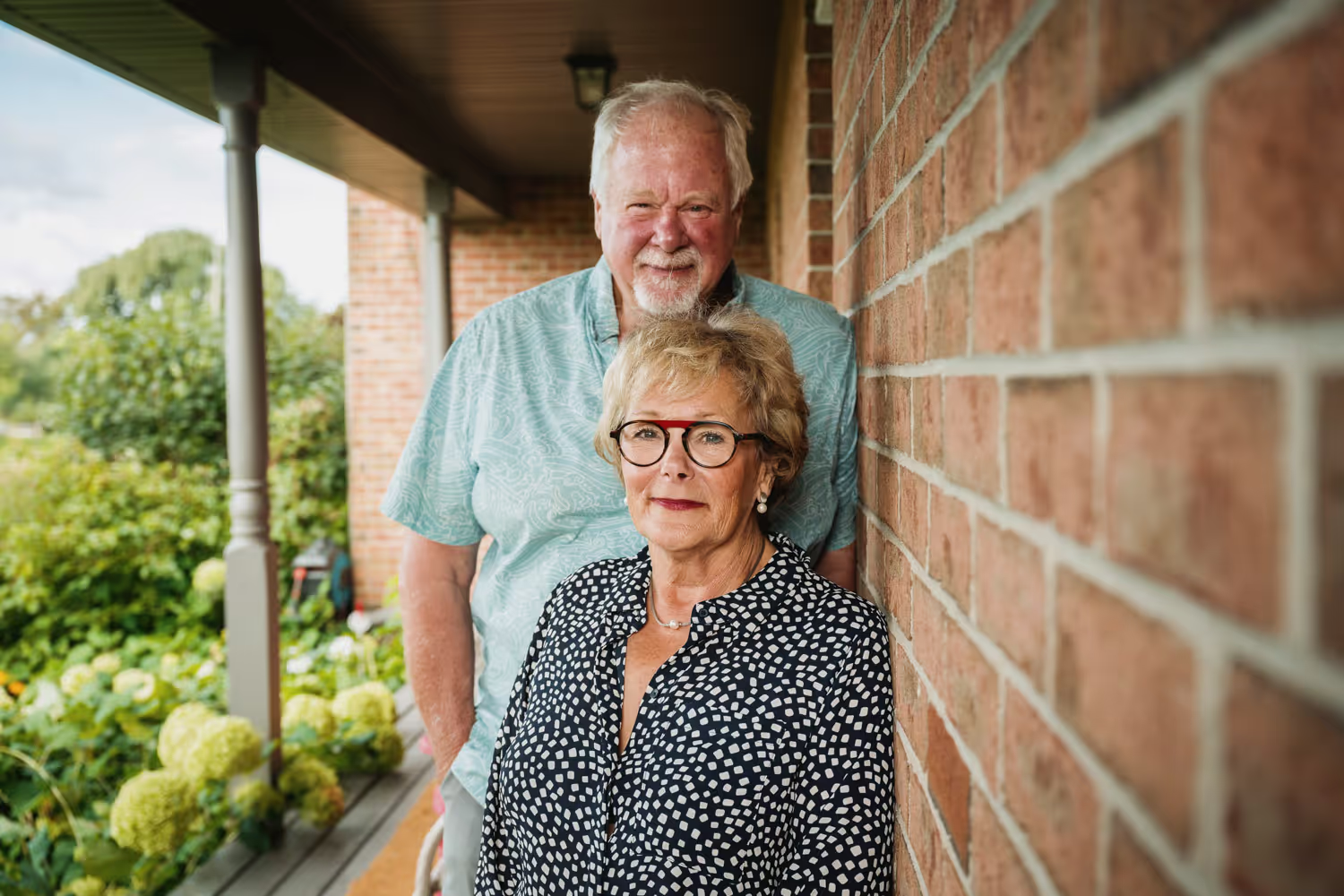
What's next for you and Colin?
There’s a little fishing village in Portugal called São Martinho. The people are incredible. The food is amazing. The beach is just beautiful. The sun shines nearly every single day. We’ve been before, but this time we’re going to go for a month. I’ve done so many Canadian winters in my lifetime, I don’t think I need to ever do another one. But first, we have a Bar Mitzvah to celebrate.
I do have one other thing I need to take care of before we travel, though. Earlier this year, they found an unrelated cancerous nodule in my right lung. They caught it early, when it was small, and it should be a simple surgery. No radiation, no chemo. My kids were terrified when they found out, of course, but I told them: “You don’t worry until I worry. And I’m not worried.” Because one thing I’ve learned is that a diagnosis does not mean you stop living.
That’s the message I’m always trying to get out in my advocacy work. Fight for the best help you can get. And then, whatever happens, live your life. Even with a terminal diagnosis, I kept living. I just hope I can inspire others to do the same. And so — especially having overcome stage four lymphoma — this next hurdle is just a small setback. It’s not going to slow me down. Colin and I have travelling to do.
This content was supported by Gilead Sciences Canada. This page was developed by Patient Voice, and the supporter did not influence the final article or editorial themes of this content.
